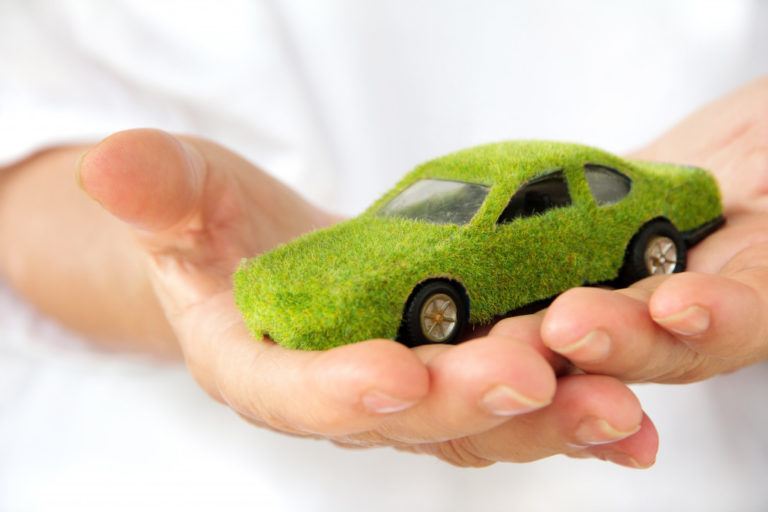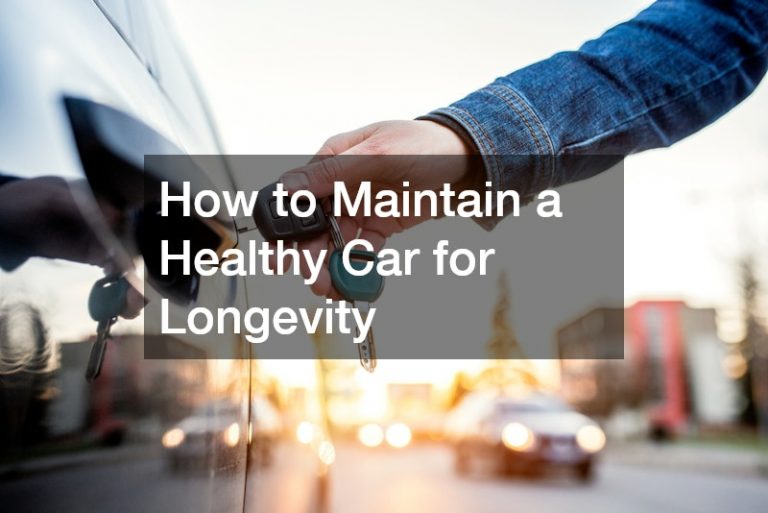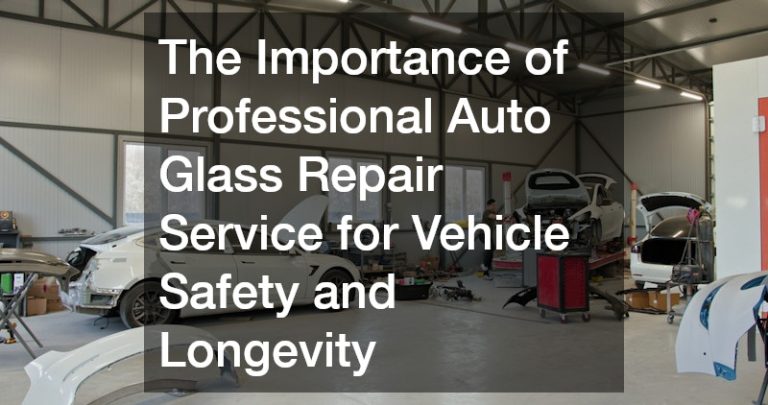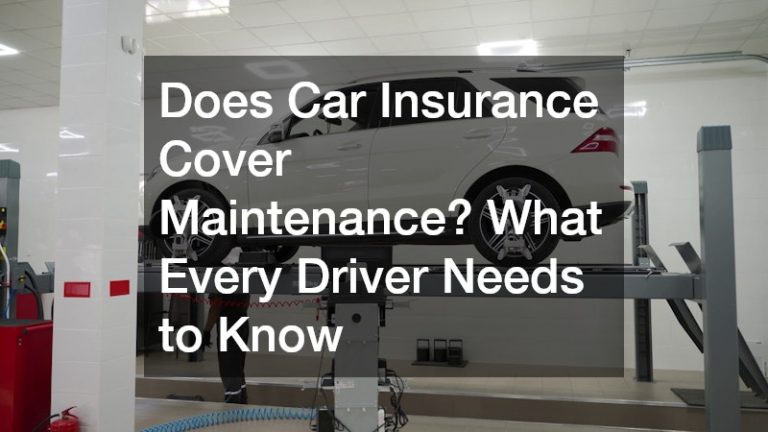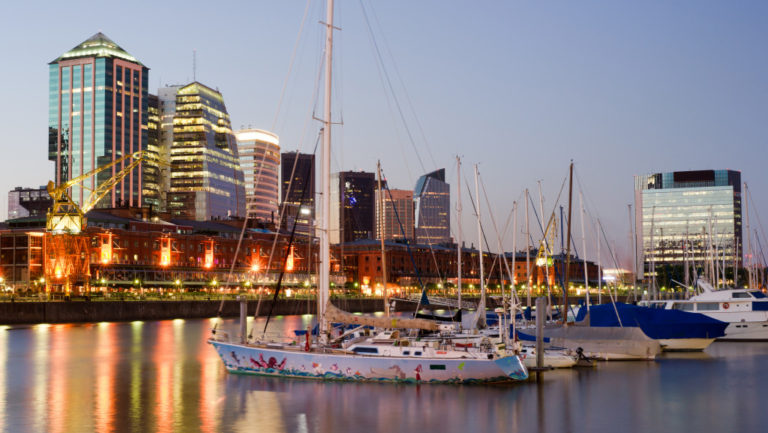By now, everyone should be well-informed about the consequences of efficient transportation. Most vehicles emit greenhouse gases that contribute to climate change, and smoke and soot pollute the air, making it difficult and even deadly to breathe. Every kind of transportation relying on fuel to run slowly deteriorates the state of the environment, from planes, trucks of local residential movers and construction companies, and public trains and buses, to taxi cabs, motorboats, and, yes, even vehicles for personal and business use.
Most private drivers may feel powerless against the emissions that their vehicles give off. Since they use them whenever they need them, their cars may continuously pollute the air with every trip they make. But there are some ways to reduce even slightly your car’s impact on the environment. Here are some of them that you can keep in mind.
Drive carefully
Driving carefully has always been a must to keep you and your passengers safe while driving. But driving safely also maintains your car in better shape. Of course, you will get to avoid running into costly accidents. This will save you a lot of money from damages that your insurance may or may not cover.
But also, whenever you step on the gas and the brakes, you waste more fuel than when simply driving smoothly. Every time you accelerate suddenly, you increase the carbon emissions produced while also creating wear and tear on your vehicle. So it is always best if you follow road safety rules like speed limits.
Limit using your AC
Air conditioning uses up your gas. Most car owners will leave their AC on high, but this is harmful not only to the environment and your car but also to your wallet. Of course, during the hot summer weather, it is justifiable to always keep it on to the comfort of everyone in the vehicle. But if you can, leave it on a low setting to save more fuel. Or, if possible, turn it off and open your windows instead, given that the air outside is clean and safe to breathe.
However, experts say that if you are driving speedily through an open highway, it is better to close your windows and turn on the AC to reduce the drag that will slow your run, putting more pressure on your engine.
Take fewer trips
The more you use your car, the more you use up gas. This means taking fewer trips by driving can help reduce air pollution in the process. You can then cross off those unnecessary drives to the shop and walk or bike to get fresh air and exercise. But for those that cannot avoid going out in their vehicles, try to take longer trips than shorter ones. Every time you start the engine, it takes a bit more gas to warm up the entire thing, so when you make many stops, you burn more fuel. Instead, try to opt for longer drives with a few stopovers as this is better for your car and the environment.
Regularly get car maintenance

It is a given that you take your car to the shop for maintenance regularly. This prevents accidents by detecting problems before they create damage to the machine. But your auto mechanic will also help keep your vehicle running efficiently as they ensure that the parts are all running smoothly, even suggesting upgrades that can prolong the life of your car.
Avoid overloading
Weight is another culprit in the accumulating gas emissions from vehicles. Heavy vehicles burn more fuel as their engines require more power to run. As with lighter vehicles, overloading results in the same problem, forcing the engine to work more than needed. So when buying a new car, try to avoid those big and bulky ones that use more energy and avoid overloading your vehicle whenever you go on a trip.
Of course, these can only account for your own car’s contribution to pollution and global warming. If you truly want to help conserve the environment, alternatives have to be taken as these will significantly reduce your carbon footprint. Instead of driving your own vehicle, you can opt to ride public transportation. This will reduce the number of cars waiting in traffic on the road as you share a ride with other passengers.
Or you can ride a bicycle to better explore your surroundings or walk to get around as a bit of exercise for your heart. These little steps that seem pointless at one time will accumulate over time, producing a collective effort that everyone will benefit from as the environment is spared from destruction.

